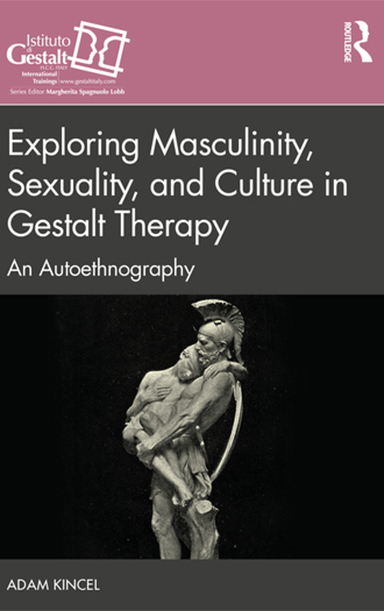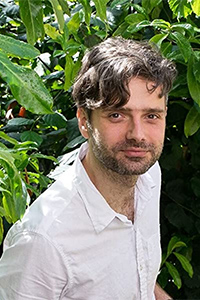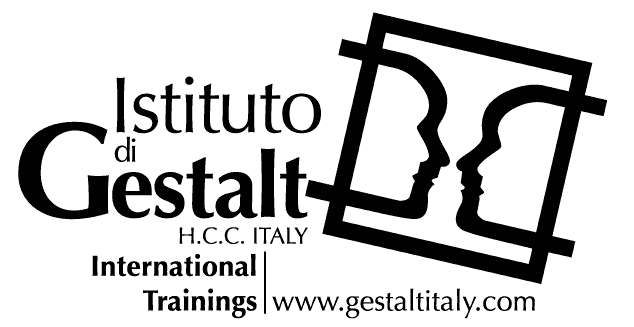
Exploring Masculinity, Sexuality, and Culture in Gestalt Therapy
An Autoethnography
by Adam Kincel
ISBN:
Book Description
Exploring Masculinity, Sexuality, and Culture in Gestalt Therapy is an invitation to explore social and political issues within the psychotherapeutic framework. It describes and analyses the author’s journey of becoming a gestalt therapist in Poland and England through analyses of masculinity, sexuality, relationality, and culture.
This book addresses the collective gestalts exploring the psychotherapeutic taboos of sexual transference, same-sex attraction, use or lack of touch, gender equality, and inter-cultural conflicts. Each chapter is an exploration of prejudices embedded in our cultures and therapeutic work, and provides a theoretical challenge to current practices within gestalt therapy and beyond. The author advocates for a more collective understanding of embodied sensations emerging in the therapeutic context as collective gestalts.
Through the use of autoethnographic research methodology, this book shows how personal embodied experiences are intertwined with the social, political, and material context. It is essential reading for gestalt therapists, as well as readers interested in gestalt approaches.
Buy now
Discounted book price: 32 Euro
Contents
Chapter 1. Welcome
Chapter 2. Defining the collective gestalt – what I have learned from large groups
Chapter 3. Masculinity and male sexuality – how did teenage years shape the man that I am becoming
Chapter 4. Embodiment of heteronormativity – building the field for addressing collective gestalts
Chapter 5. (Un)related bodies – collective gestalts that shape Gestalt training
Chapter 6. Philosophies that inspired this book
Chapter 7. Culture as ground, personal becoming as figure: autoethnography and Gestalt therapy
Chapter 8. Conclusion
The Author

Adam Kincel is a gestalt therapist, supervisor, and trainer based in the UK. His work focuses on the co-emergence of embodied relational therapy and political issues.
Reviews
“I think the book is an important, creative, thoughtful contribution to gestalt therapy research and practice. It is suitable for both those interested in research, and those interested in deepening their clinical sensibilities. Adam’s ability to intermingle history/culture/politics with specific moments-in-living is rare. But once you lean into it, I think one never hears clinical material (or their own stories) in quite the same way again. He expands our boundaries of inclusiveness.”
Lynne Jacobs, PhD, Co-founder of Pacific Gestalt Institute; Training and Supervising Analyst, Institute of Contemporary Psychoanalysis“No excuses! Pay attention right there where you turn your sight away – both outwards and inwards. This is how this work builds painful sensitivity to minorities of all kinds – both outwards and inwards. All this done with a systematic curiosity (this is research) and touching boldness (it is just Adam). We see autoethnography bridging research with life: we want to read more about Adam because we want to know more about ourselves.”
Jan Roubal, MD, PhD, Masaryk University in Brno, Czech Republic; gestalt therapy trainer and supervisor“The use of autoethnography to explore, interrogate, and challenge aspects of therapy culture is always welcome. Adam does this in fascinating, courageous, and engaging ways in this text. His work exemplifies high quality research which unashamedly celebrates subjectivity in therapy-focused autoethnographic inquiry. In a study that gets close into the interconnection of the personal with the cultural in gestalt therapy, he does a great service to that modality. Arcane sacred cows always need to be scrutinised, challenged, and Adam certainly does this, in ways that are scholarly, insightful, and fun. The gestalt community should rejoice!”
Alec Grant, PhD, independent scholar; co-editor of Contemporary British Autoethnography and International Perspectives on Autoethnographic Research and Practice“You have in front of you a landmark book that deserves attention on many different counts. Readers of Exploring Masculinity, Sexuality, and Culture in Gestalt Therapy: An Autoethnography will be rewarded with a stimulating variety of challenging topics – some of them familiar in today’s field-relational gestalt discourse, and others which break new ground, practically and conceptually. Throughout the book, the author’s purposefulness and professionalism are displayed in full, as well as his ethical priorities, his openness to LGBTQ perspectives, his courage in displaying so much of his personal truth, and a lot more.”
From the Foreword by Malcolm Parlett, PhD, the author of Future Sense

